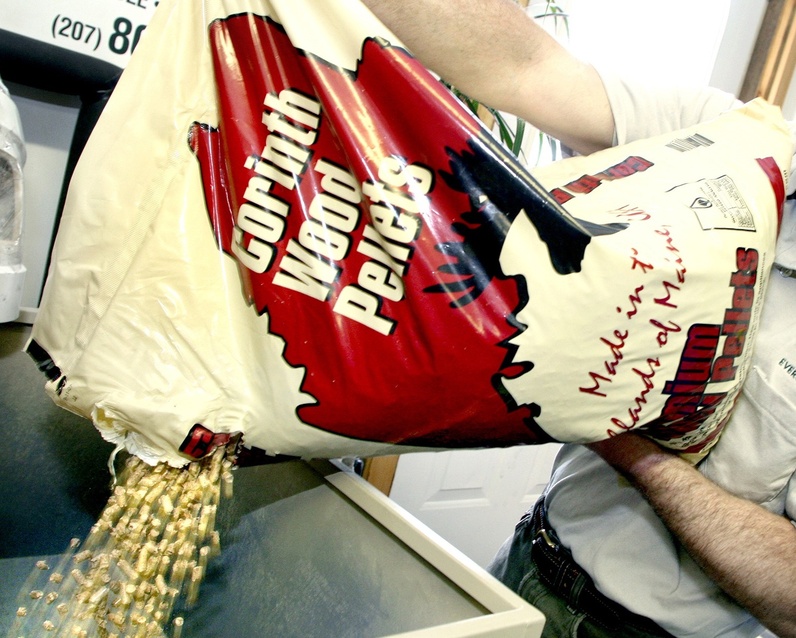Whether the truck that pulls up in front of the house contains No. 2 fuel oil or a couple of cords of hardwood may seem to be an environmentally conscious decision, but it’s an economic one – with environmental consequences.
Some Mainers have always heated with wood, and many others maintain both oil furnaces and wood stoves that enable them to rely on one or the other depending on the relative prices of the two types of fuel.
One major switch occurred in the oil price shock of the 1970s, with 15.1 percent of Mainers using wood for heat by 1980. In 1990, another period of high oil prices, about one in every seven Mainers, 14.4 percent, said wood was their primary heating fuel.
As the price of oil declined, wood usage fell, reaching 6.4 percent in 2000. But the cost has risen enough since then that the percentage of Mainers using wood as a heating source was 11.5 percent in 2009.
With oil prices at a 26-month high and projected to rise even more, that percentage is likely even higher now.
The switch-over is said to be an easier one in northern New England than elsewhere because wood is a substantial natural resource here.
That doesn’t stop the price of wood, like any other commodity, from rising with demand. It also doesn’t make many people happy with the downside of cordwood, including outdoor wood piles and ash disposal.
Something that might make an even greater oil-saving difference over the longer term is the widespread adoption of furnaces that use wood pellets, which burn far more efficiently and are easy to store. Most pellets are delivered in bags, but some dealers are preparing to offer bulk delivery.
However, furnace conversion costs thousands of dollars and is not yet widespread enough to displace environmentally significant amounts of oil. Other sources, such as natural gas and propane, also are alternatives to oil but remain far less common.
But if the price of oil continues to skyrocket without relief in sight, that could change – with favorable impacts on oil use and environmental quality.
Making a virtue of necessity still means that the result will be virtuous.
Send questions/comments to the editors.



Comments are no longer available on this story